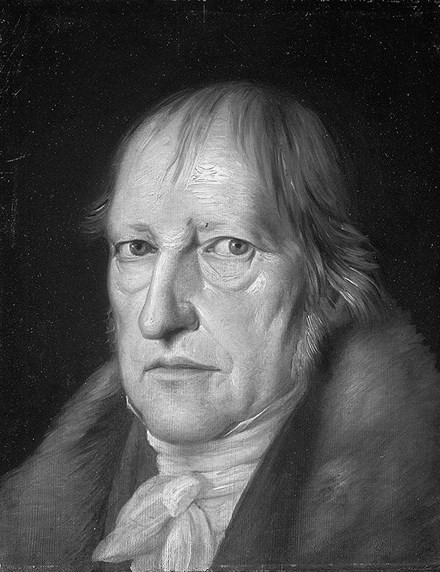
Publication details
Publisher: Palgrave Macmillan
Place: Basingstoke
Year: 2019
Pages: 13-39
Series: Political Philosophy and Public Purpose
ISBN (Hardback): 9783319919799
Full citation:
, "Reciprocity and self-restriction in elementary recognition", in: Axel Honneth and the critical theory of recognition, Basingstoke, Palgrave Macmillan, 2019


Reciprocity and self-restriction in elementary recognition
pp. 13-39
in: Volker Schmitz (ed), Axel Honneth and the critical theory of recognition, Basingstoke, Palgrave Macmillan, 2019Abstract
Originally, Axel Honneth's theory of recognition ignored Hegel's Phenomenology of Spirit, on the basis that Hegel's post-Jena writings moved from intersubjectivism to idealism. More recently, however, Honneth has reconsidered the elements of the Phenomenology that consider recognition. Around the same time that he began re-evaluating Hegel's discussions of recognition, Honneth developed a theory of "elementary recognition" that is a basic level of affective engagement with one's environment that must be in place before one can take up cognitive relations to others. On its face, Honneth's study of Hegel's Phenomenology and his discussion of elementary recognition would seem to be largely unrelated. But as this paper will show, the two works discuss very similar ideas and complement each other quite well. Furthermore, the expansion of some ideas developed in Honneth's study of the Phenomenology can help respond to criticisms that have been leveled against his theory of elementary recognition.
Cited authors
Publication details
Publisher: Palgrave Macmillan
Place: Basingstoke
Year: 2019
Pages: 13-39
Series: Political Philosophy and Public Purpose
ISBN (Hardback): 9783319919799
Full citation:
, "Reciprocity and self-restriction in elementary recognition", in: Axel Honneth and the critical theory of recognition, Basingstoke, Palgrave Macmillan, 2019


